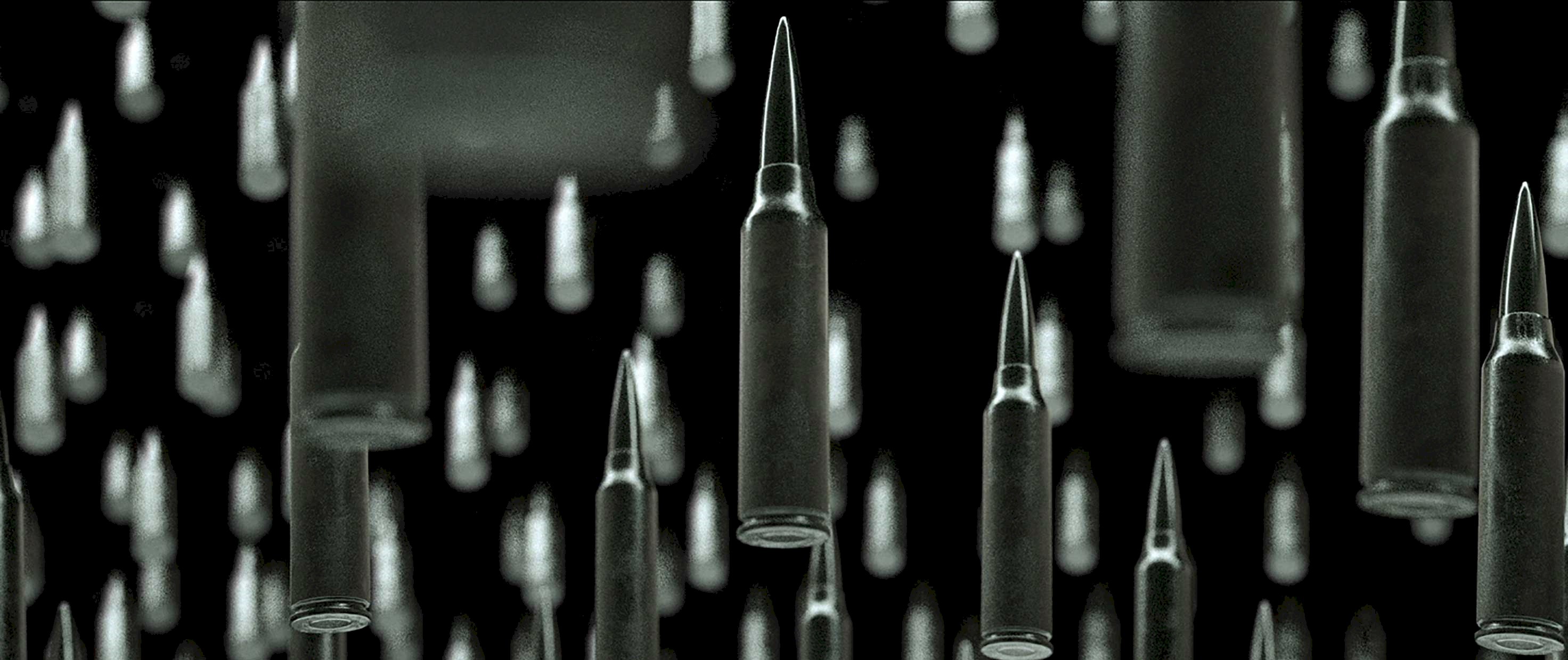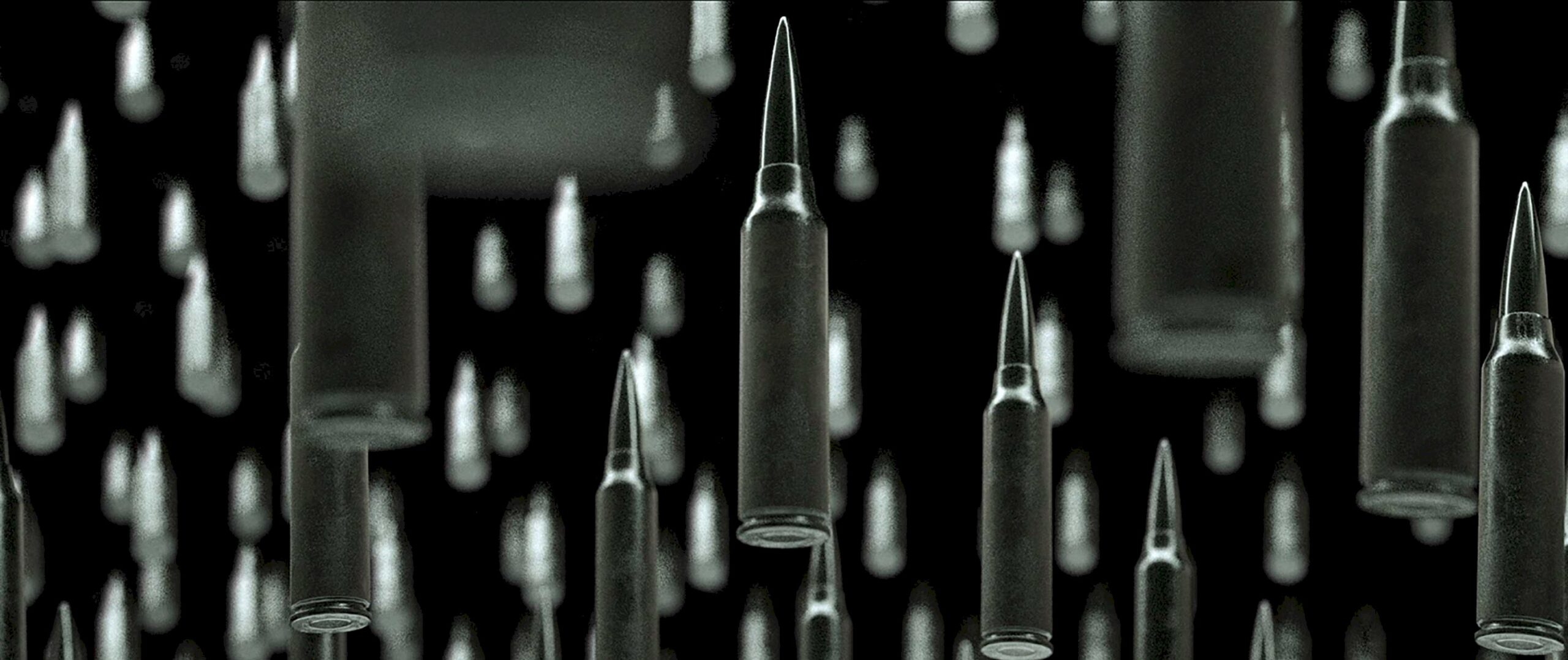
© Amnesty International
Overview
A global Arms Trade Treaty (ATT) became international law on 24 December 2014.
The ATT means that every state that has signed-up must now obey strict rules on international arms transfers. This will at last help to stem the flow of weapons that fuel bloody conflicts, atrocities and state repression around the world.
It’s rare to get a direct win that will help save thousands of lives, but after relentless lobbying and campaigning since the early-1990s, Amnesty and its partners have done exactly that.
The Treaty’s rules are simple – if a country knows that the arms about to be sold will be used for genocide, crimes against humanity, or war crimes, then they must stop the transfer.
The work doesn’t not stop here. The ATT gives us crucial ground rules for the global arms trade. Now we must make sure that it is strictly put into action and more states get on board.
Is my country signed-up to the Arms Trade Treaty?
The problem
Every day, thousands of people are killed, injured or forced to flee their homes because of violence and armed conflict.
Conflict
The majority of casualties in armed conflict are civilians. Weapons such as missiles destroy hospitals, homes, markets and transport systems, pushing survivors into poverty. People’s lives are destroyed. In the Democratic Republic of the Congo, for example, it is estimated that more than five million people died indirectly because of armed conflict since 1998.
For every person who is killed in armed conflict and armed violence, many more are injured, tortured, abused, or kidnapped at gun point.
On the streets
Weapons aren’t just on the battle fields, they often end up on the streets, fuelling violence in communities. Three-quarters of deaths cause by armed violence take place in non-conflict situations. In places like Central America domestic violence and killings of women are frequently committed with small arms bought on the black market.
“The poor and under-privileged innocent bystanders – women, children, old men – always lose. I have seen the prolonged misery and suffering of these poor people in DRC and it is truly heart-rending,”
Mujahid Alam, retired Pakistani Brigadier General who served on UN Peacekeeping missions in the DRC and Kosovo.
State repression
Weapons are also a tool for state repression. In too many countries around the world security forces use firearms against unarmed, peaceful protestors or to commit other human rights abuses.
Amnesty is calling for
Governments who are serious about stopping the abuse need to:
• Ratify the Arms Trade Treaty.
• Create or amend national laws to reflect the rules of the treaty.
• Implement those laws effectively.
The issue in detail
Who is (ir)responsible?
Trade details are often shrouded in secrecy, but the value of the international trade in conventional weapons is estimated to be USD$100 billion annually.
Most deals are carried out by manufacturing and trading companies, military service providers, arms brokers and dealers, but it is governments who have a duty to protect their populations.
Only states can control the trade by granting or refusing licenses, and only states can prohibit certain inhumane types of arms and impose arms embargoes and suspensions. Unfortunately these governments have not always lived up to their obligations:
• China has supplied ammunition and small arms to Sudan, where they are used by security forces and militia in Darfur, as well as to South Sudan and to the DRC.
• France has supplied arms to Libya under al-Gaddafi, Egypt, Israel and Chad, and Syria between 2005 and 2009.
• 10% of all Russian arms exports are believed to go to Syria, making it Syria’s largest arms supplier. It has also supplied helicopter gunships to Sudan and is set to be a major exporter of military equipment to Egypt.
• The UK has supplied arms to countries with high-risk behaviour when it comes to human rights abuses, such as Sri Lanka.
• The USA has supplied arms to more than 170 countries. It has restricted arms transfers to Myanmar, China, Sri Lanka and Zimbabwe but hasn’t taken the same precautions against Iraq, Israel, Sri Lanka, Bahrain, Egypt and Yemen.
Quick glossary
Crimes against humanity – crimes committed as part of a widespread or systematic attack against civilians during peace or war time. Including, enforced disappearances, killings, enslavement, deportation and mass, systematic rape.
Genocide – acts committed with the intent to destroy, completely or partially, a national, ethnic, racial or religious group.
War crimes – crimes that violate the laws or customs of war defined by the Geneva and Hague Conventions. Including targeting civilians, torture, murder or ill-treatment of prisoners of war.
Source: Amnesty International





